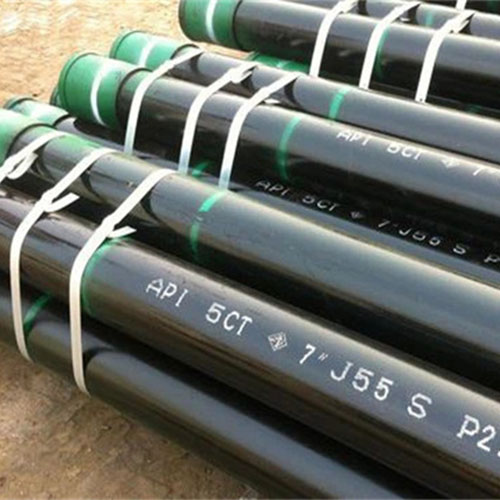Table of Contents
Avantages de l’utilisation d’un boîtier en alliage d’aluminium pour le moulage sous pression de pièces de rechange industrielles
Une comparaison du moulage sous pression en alliage de Zinc et en alliage de magnésium pour le boîtier d’ordinateur
En termes d’impact environnemental, l’alliage de zinc et l’alliage de magnésium sont considérés comme des matériaux respectueux de l’environnement. Le zinc est un matériau recyclable qui peut être réutilisé plusieurs fois sans perdre ses propriétés. Le magnésium est également un matériau durable qui peut être recyclé et réutilisé, ce qui en fait un choix privilégié pour les fabricants soucieux de l’environnement.
En conclusion, le moulage sous pression en alliage de zinc et en alliage de magnésium offre des avantages uniques pour la production de boîtiers d’ordinateurs. Les boîtiers en alliage de zinc sont connus pour leur résistance et leur durabilité, tandis que les boîtiers en alliage de magnésium excellent en termes de dissipation thermique et de légèreté. Le choix entre le moulage sous pression en alliage de zinc ou en alliage de magnésium dépend en fin de compte des exigences spécifiques du boîtier de l’ordinateur et de l’utilisation prévue de l’appareil. Les fabricants doivent examiner attentivement les propriétés de chaque matériau avant de sélectionner l’option la plus adaptée à leurs besoins de production.
When it comes to manufacturing industrial spare parts, die-casting is a popular method used to create high-quality components. In the computer industry, die-casting is commonly used to produce casings for various electronic devices, including computer casings. Two popular materials used for die-casting computer casings are zinc alloy and magnesium alloy. In this article, we will compare the characteristics of zinc alloy and magnesium alloy die-casting for computer casings.
Zinc alloy die-casting is a widely used process in the manufacturing industry due to its excellent properties. Zinc is a versatile material that can be easily molded into complex shapes, making it ideal for producing intricate computer casings. Zinc alloy casings are known for their high strength and durability, making them suitable for protecting electronic components inside the computer.
On the other hand, magnesium alloy die-casting is also a popular choice for computer casings. Magnesium is a lightweight material that offers excellent thermal conductivity, making it ideal for dissipating heat generated by electronic components. Magnesium alloy casings are known for their superior heat dissipation properties, which can help prevent overheating and prolong the lifespan of the computer.
One of the key differences between zinc alloy and magnesium alloy die-casting is their weight. Zinc alloy is denser and heavier than magnesium alloy, making zinc alloy casings more robust and sturdy. However, the lightweight nature of magnesium alloy makes it a preferred choice for portable devices such as laptops and tablets, where weight is a crucial factor.

In terms of corrosion resistance, zinc alloy and magnesium alloy both offer good protection against rust and corrosion. Zinc alloy casings are coated with a protective layer of zinc, which helps prevent oxidation and corrosion. Magnesium alloy casings, on the other hand, are naturally resistant to corrosion due to the presence of magnesium Oxide on the surface.
When it comes to cost, zinc alloy die-casting is generally more affordable than magnesium alloy die-casting. Zinc is a readily available material that is easy to process, making it a cost-effective option for mass production. Magnesium, on the other hand, is a more expensive material that requires specialized equipment and expertise for die-casting.
In terms of environmental impact, both zinc alloy and magnesium alloy are considered eco-friendly materials. Zinc is a recyclable material that can be reused multiple times without losing its properties. Magnesium is also a sustainable material that can be recycled and reused, making it a preferred choice for environmentally conscious manufacturers.
In conclusion, both zinc alloy and magnesium alloy die-casting offer unique advantages for producing computer casings. Zinc alloy casings are known for their strength and durability, while magnesium alloy casings excel in heat dissipation and lightweight properties. The choice between zinc alloy and magnesium alloy die-casting ultimately depends on the specific requirements of the computer casing and the intended use of the device. Manufacturers should carefully consider the properties of each material before selecting the most suitable option for their production needs.

